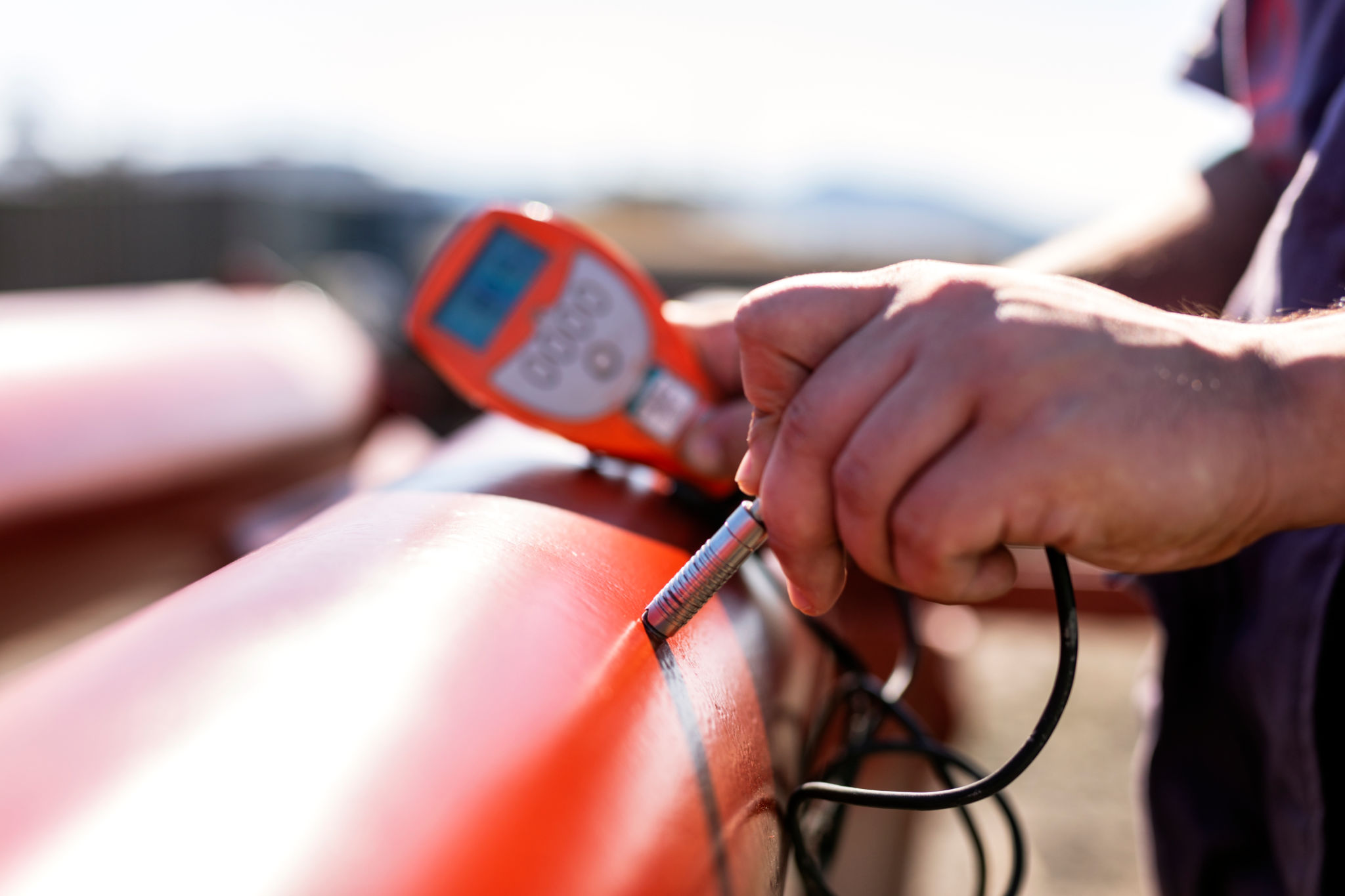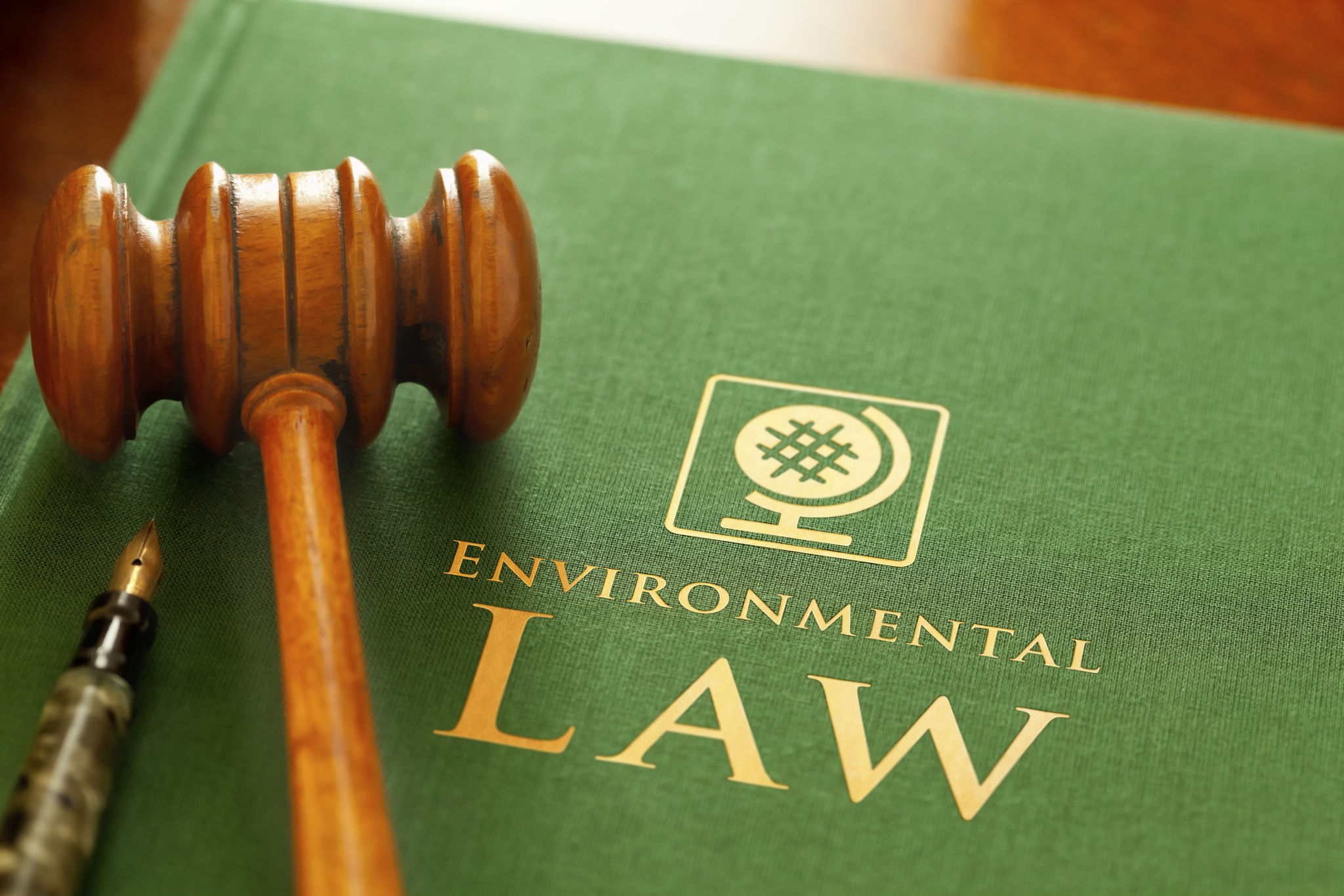Understanding Auckland's Environmental Regulations for Coating Inspections
Understanding Auckland's Environmental Framework
In recent years, Auckland has seen a significant emphasis on environmental regulations, especially concerning industrial practices. This shift towards sustainability has directly affected how coating inspections are conducted. Understanding these regulations is crucial for businesses to ensure compliance and minimize any potential environmental impact.
Auckland's environmental regulations are designed to protect natural resources while ensuring public health and safety. These rules set the framework for how coatings should be inspected, including the materials used, processes followed, and waste management practices. Businesses must stay updated with these regulations to avoid penalties and contribute to a sustainable future.

The Importance of Coating Inspections
Coating inspections play a pivotal role in various industries, from construction to marine. They ensure that protective coatings applied to surfaces meet the required standards and perform effectively over time. Proper inspections help in preventing corrosion, reducing maintenance costs, and extending the lifespan of infrastructure.
In Auckland, the emphasis on environmentally friendly practices means that inspectors must be vigilant about the materials and methods used. This involves checking for compliance with environmental standards, ensuring that coatings do not contain harmful substances, and verifying that application processes minimize waste and emissions.
Key Environmental Regulations
Several key regulations govern coating inspections in Auckland. These include:
- Resource Management Act (RMA): This act provides the overarching framework for environmental management in New Zealand, including the control of emissions and discharges.
- Hazardous Substances and New Organisms Act (HSNO): This legislation regulates the use and storage of hazardous substances, ensuring they do not pose a risk to people or the environment.
- Local Council Bylaws: Specific bylaws may apply depending on the location of the project, detailing additional requirements for waste management and pollution control.

Steps for Ensuring Compliance
To ensure compliance with Auckland's environmental regulations during coating inspections, businesses should follow these essential steps:
- Stay Informed: Regularly update your knowledge about current regulations and any changes that may affect your operations.
- Engage Qualified Inspectors: Hire inspectors who are well-versed in local environmental laws and can provide accurate assessments.
- Implement Best Practices: Adopt environmentally friendly practices such as using low-VOC coatings and efficient application techniques.
- Maintain Records: Keep detailed records of inspections, materials used, and waste disposal methods to demonstrate compliance during audits.
Adhering to these steps not only ensures compliance but also enhances the reputation of businesses as responsible stewards of the environment. By integrating sustainable practices into their operations, companies contribute positively to Auckland's ecological well-being.

The Future of Coating Inspections in Auckland
As Auckland continues to grow and evolve, its environmental regulations are expected to become more stringent. This progression reflects a global trend towards sustainability and reducing the carbon footprint of industrial activities. Businesses must anticipate these changes and adapt proactively to maintain compliance.
Incorporating technology into coating inspections can also play a significant role in meeting future regulatory demands. Innovations such as drones for hard-to-reach areas or digital documentation systems can enhance inspection efficiency while ensuring adherence to environmental standards.
Ultimately, understanding and adhering to Auckland's environmental regulations for coating inspections is not just about compliance—it’s about contributing to a sustainable future. By aligning their operations with these regulations, businesses can protect Auckland’s natural beauty while maintaining their position as industry leaders.